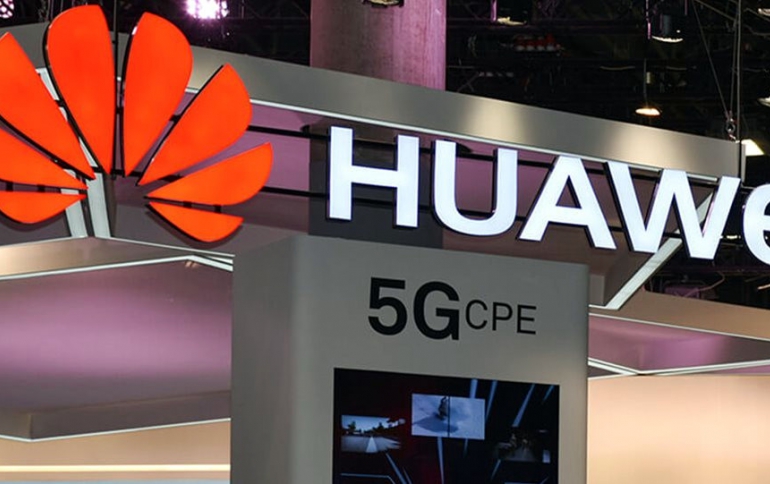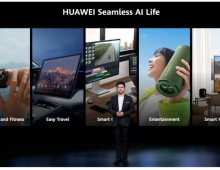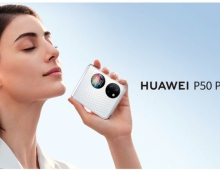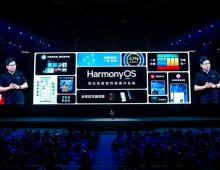
Huawei Loses Access to Chip Design Updates from Synopsys: report
Synopsys, the world's biggest supplier of chip design tools, has reportedly stopped providing software updates to Huawei Technologies, a move that marks another setback to the Chinese company's global ambitions in semiconductors.
Synopsys told employees to suspend the updates after the U.S. Commerce Department added Huawei to a list that restricts its access to American technology, Nikkei reports. Synopsys also put new intellectual property sales to Huawei on hold, the report added.
The suspension hurts Huawei subsidiary HiSilicon Technologies, China's top chip developer. It threatens to hit a wide range of Huawei's in-house chip development programs and impede the 5G ambitions of the telecommunications equipment maker, although the company can still rely on existing chip designs.
Only Synopsys and Cadence Design Systems are currently capable of providing what Huawei needs to develop advanced chips. But Cadence would also face heavy penalties if it continued to supply Huawei without Washington's permission.
Huawei is working on its next generation of Kirin mobile processors for premium smartphones, along with new networking processors for fifth-generation wireless base stations and 5G modem chips.
The Chinese company also is developing Kunpeng 920 server processors for data centers to reduce its reliance on Intel, as well as a series of artificial intelligence accelerators for applications including wearable devices and connected cars.
Synopsys is one of the few providers of electronic design automation tools that possesses the full capability to help chip developers realize their designs. EDA tools are the fundamental software in which all chip designs begin, and the sophisticated manufacturing processes make these tools indispensable.
Mentor Graphics and China's homegrown counterpart Empyrean Software, a state-owned entity, could not provide complete alternatives to Synopsys and Cadence products.
Most U.S. companies supplying Huawei -- including chipmakers Qualcomm, Micron Technology, Qorvo and Lumentum as well as Google -- have said they cannot work with Huawei in the wake of Washington's blacklisting.





















